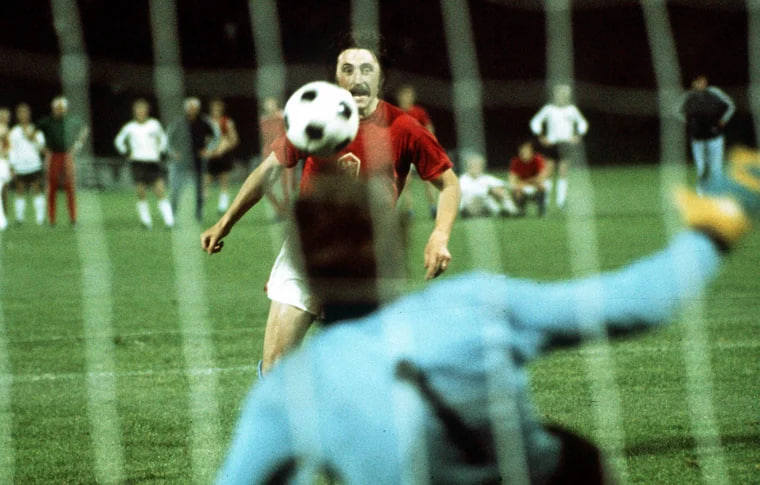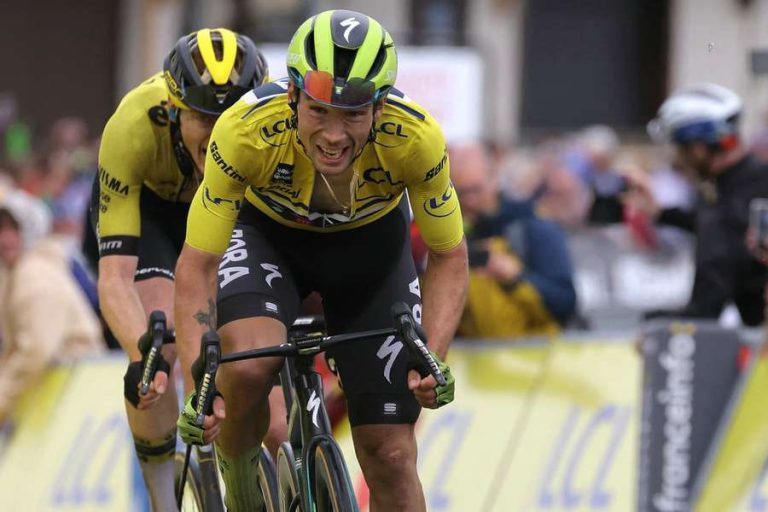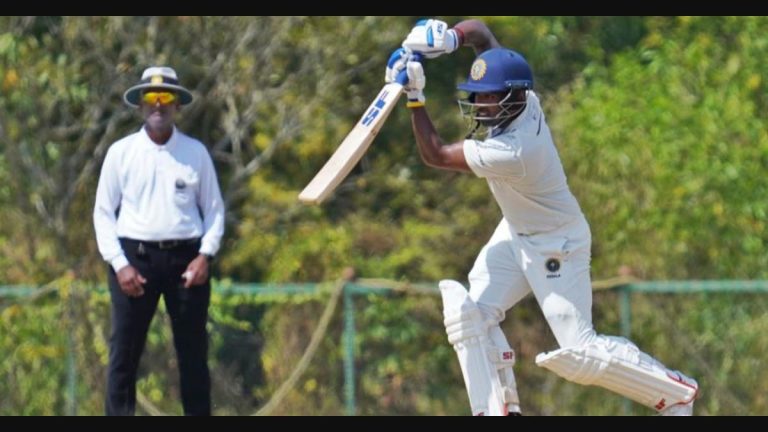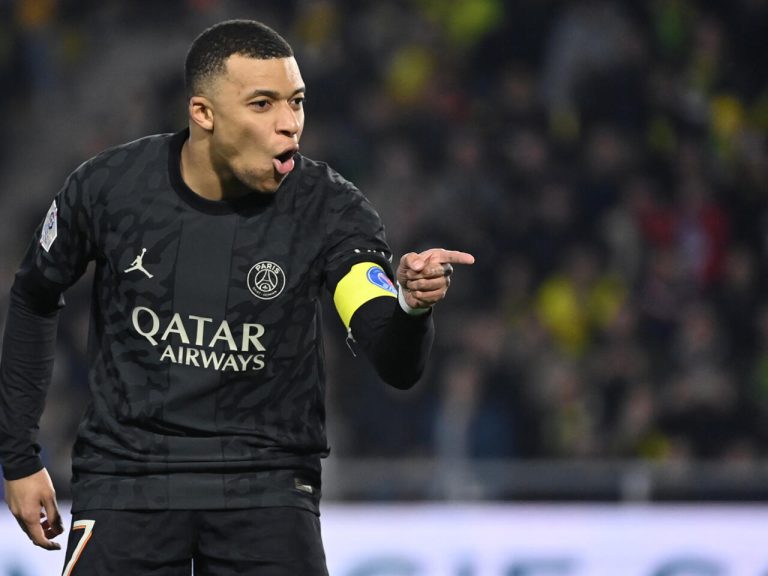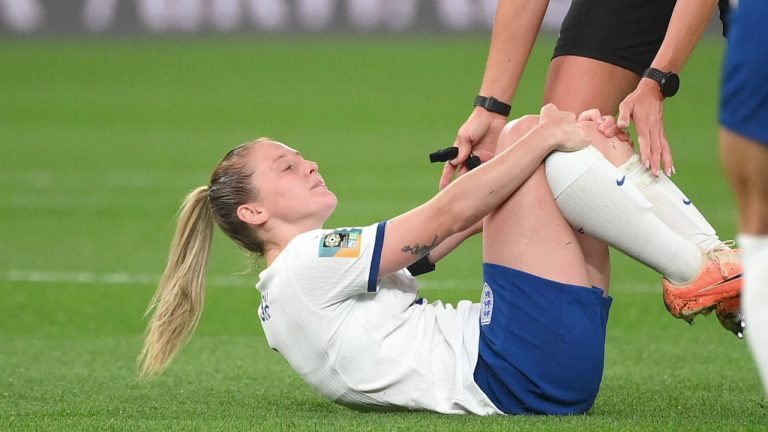EURO Rewind: 1976 penalty shootout gives Czechoslovakia victory
As the 17th European Championship approaches, kicking off in Germany on June 14th, 24hscore looks back at some memorable moments from the tournament’s rich history.
The 1976 Euros marked the first time the final tournament was held behind the ‘Iron Curtain’, and Communist bloc countries were keen to showcase their prowess against Western teams.
The preliminary group stage format was retained, with eight winners advancing to the quarter-finals, followed by a mini-final tournament featuring the top four nations.
Hosted by Yugoslavia, the final tournament was filled with drama, with every match extending into extra time, culminating in a final that required a penalty shootout, as detailed below.
Czechoslovakia’s captain Anton Ondrus scored the opening goal in the semi-final against the Netherlands after 19 minutes but later scored an own goal, the first in Euros history, with just over a quarter-hour remaining. With a team dominated by Slovak players, Czechoslovakia scored twice in extra time to secure a spot in the final against defending champions West Germany, who also needed extra time to overcome the hosts, thanks to Dieter Muller.
Get real-time football scores here!
A Final to Remember
The final, played on June 20th, 1976, in Belgrade, saw Czechoslovakia take a two-goal lead within 25 minutes through Jan Svehlik and Karol Dobias. However, West Germany quickly responded with a goal from Muller in the 28th minute, and a late equalizer by Holzenbein sent the match into extra time. Holzenbein’s goal might have been disallowed with VAR due to an elbow to the face of Czechoslovak goalkeeper Ivo Viktor.
Ranked 23rd in the 1969 Ballon d’Or rankings, Viktor was one of the world’s best goalkeepers in 1976. His remarkable saves against the Netherlands and West Germany were crucial to Czechoslovakia’s success, earning him third place in the Ballon d’Or that year. Despite his efforts, Viktor couldn’t save any penalties in the final, but ultimately, he didn’t need to.
For the first time, UEFA decided that the match would be settled by a “penalty shootout,” a decision made just hours before the final whistle. Initially, a replay was planned in case of a draw, but at Germany’s insistence, the penalty shootout was introduced, and players were informed of the change in the dressing room before the match.
Uli Hoeness missed Germany’s fourth penalty, sending it over the goal. Czechoslovakia had the opportunity to clinch the trophy with their next kick. Antonin Panenka stepped up and scored with a now-legendary finish, cementing his name in football history.
The Aftermath
The 1976 tournament was considered the most spectacular up to that point and was pivotal in evolving the competition into its current format.
“World Soccer always tries to keep its feet on the ground,” wrote the reputable World Soccer magazine after the Belgrade final. “We avoid the mass hysteria that inevitably accompanies success. We try to be objective in our criticism. So when World Soccer starts sharing superlatives, it really means something.
“The final stages of the European Championship are the cause of our delight – a week, we believe, in which footballers and football rediscovered what the game is all about. All four nations offered a commitment to goals that have been sadly lacking for too long at international level.”
Team of the Tournament:
- Goalkeeper: Ivo Viktor (Czechoslovakia)
- Fullbacks: Anton Ondrus (Czechoslovakia), Jan Pivarnik (Czechoslovakia), Ruud Krol (Netherlands), Franz Beckenbauer (Germany)
- Midfielders: Antonin Panenka (Czechoslovakia), Jaroslav Pollak (Czechoslovakia), Rainer Bonhof (Germany), Dragan Dzajic (Yugoslavia)
- Forwards: Zdenek Nehoda (Czechoslovakia), Dieter Muller (Germany)

